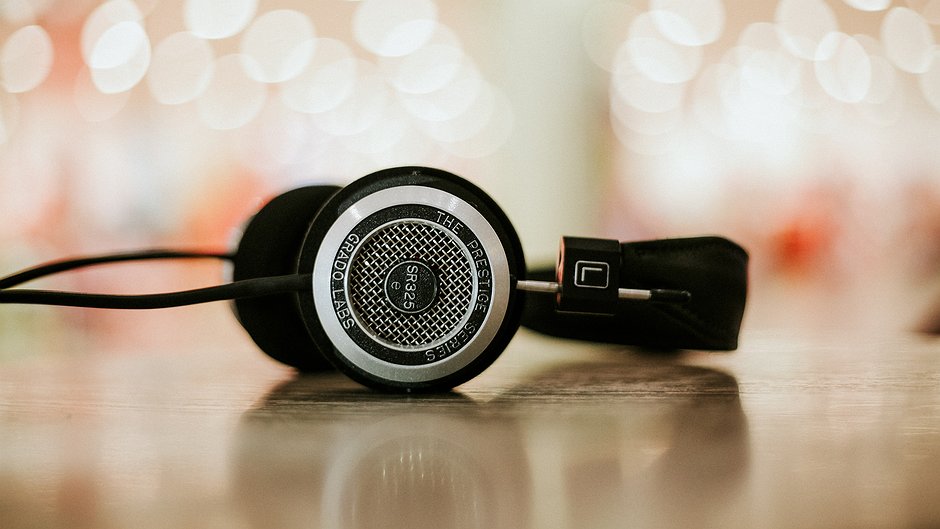
5 reasons to use audio in your storytelling
Audio is an important format for storytellers. Taking advantage of radio networks and podcasting is an excellent way to reach thousands and thousands of people. Here are some of the advantages of using audio as a storytelling medium.
1. Audio files are smaller than video files. This means it can be more accessible to more people where internet is expensive or connections are slow or unreliable.
2. Audio can be seen as more of a personal and engaging format. By not having any visuals, your imagination finds room to fill in other details.
3. Unlike print, you can hear the actual person being interviewed.
4. Audio is less intrusive to the interviewee than a video camera. You can easily take a small and discreet recorder and microphone making your interviewee more comfortable in your interview.
5. As of 2020, journalists can win a Pulitzer Prize for podcasting or radio storytelling.
Want to learn more about podcasting? Get started by signing up for SOWT’s free course.
Related courses

90 mins
 School of Data
School of Data
90 mins
 School of Data
School of Data Rory Peck Trust
Rory Peck Trust
50 mins
 Rory Peck Trust
Rory Peck Trust
Blogs

6 useful resources for journalists covering Covid-19
With a global pandemic spreading throughout the world, journalists are under increasing pressure to report accurate and relevant news for the masses. Often when covering a crisis, those on the reporting frontlines compromise their physical safety and mental health. To show some solidarity, the Advocacy Assembly team curated a list of useful resources from other organisations leading the way on this.

5 ways to find data for your next story
Data journalism is fast becoming a big trend in newsrooms across the globe. However, data isn’t always so easy to find. Here are five ways to get data for your next article.



